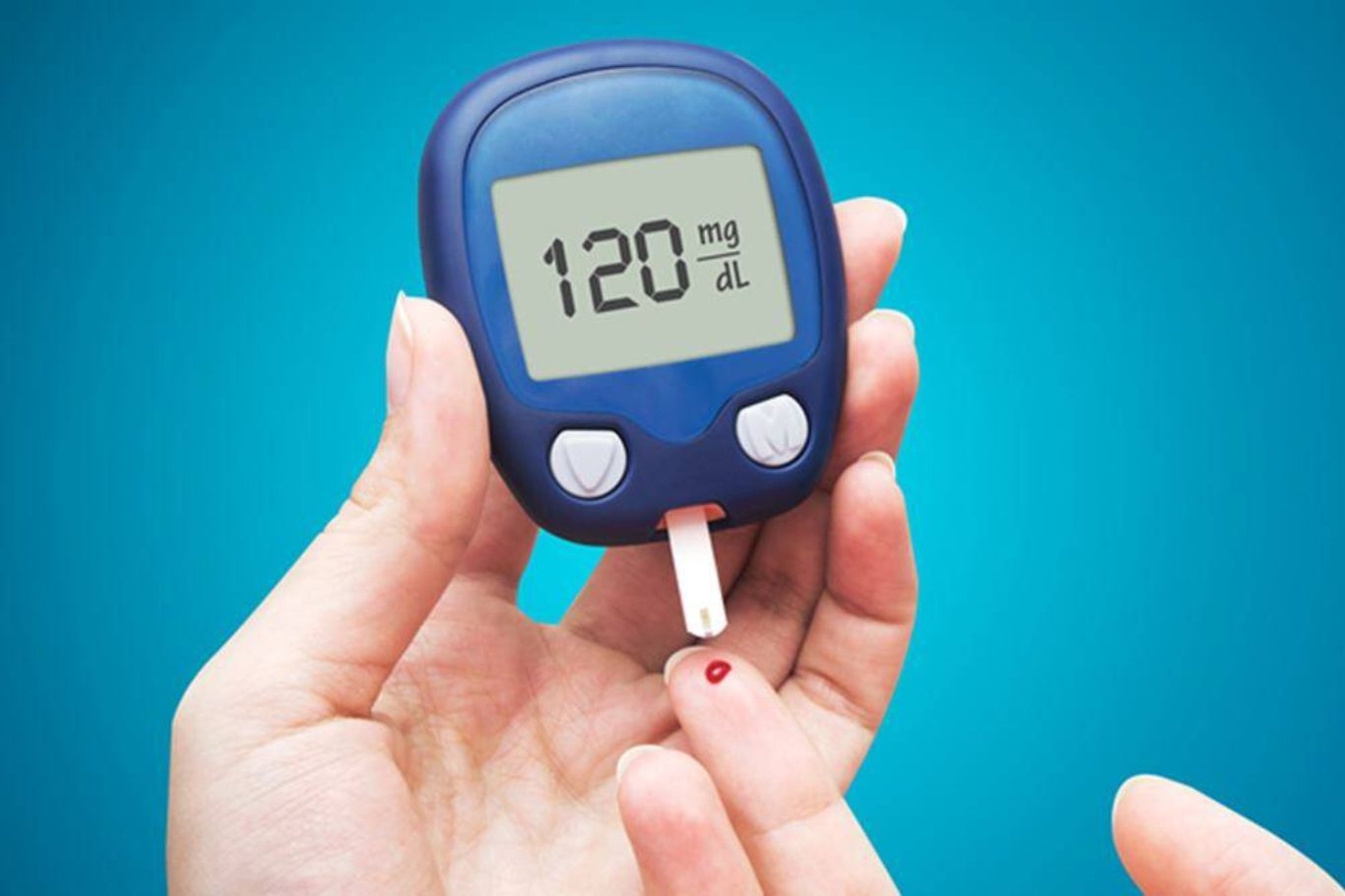4 Alternative ways to manage Diabetes Type 2
April 11 2024


Managing diabetes requires a tailored approach that considers the type and severity of the condition. For some, incorporating natural and alternative methods alongside traditional medication may offer additional benefits. These methods can include increased physical activity and the use of specific herbal treatments. It's crucial to remember that every diabetes case is unique. This blog explores various natural and alternative strategies for diabetes management, but always consult with a healthcare professional before starting any new treatment plan.
Can you treat Diabetes Type 2 without medication?
The ability to manage diabetes without medication depends on the type of diabetes. Type 1 diabetes requires insulin therapy due to irregular insulin production, making alternative treatments not a replacement for insulin. Diabetes type 2, however, may be manageable through lifestyle changes like increased physical activity and a diet suitable for diabetics, depending on its severity and other health conditions. Gestational diabetes, occurring during pregnancy, can also often be managed without medication.
Several alternative treatments for Diabetes are available, including:
Ayurveda and Yoga:
Increasing physical activity can enhance your body's insulin sensitivity, aiding in blood sugar regulation. Furthermore, consistent exercise is known to reduce the risk of heart disease and diabetes-related nerve damage.
Incorporating Ayurveda yoga into your routine could be beneficial. Ayurveda, an ancient medical system from India, offers a holistic approach to health.
According to a review from 2018, yoga can aid diabetes management in several ways:
- Enhancing blood flow
- Boosting brain oxygen levels
- Lowering stress, which can affect blood sugar levels
- Specific yoga poses, like the forward bend, may encourage insulin production
- Yoga's breathing exercises can assist in managing blood sugar levels and promoting insulin release
Herbal Acupuncture:
A 2017 review of research into the use of herbal acupuncture for managing diabetes type 2 suggests it is a viable supplementary and alternative treatment, noting its safety due to the lack of significant or adverse side effects.
Herbal acupuncture, which merges the traditional practice of acupuncture with the injection of herbal substances into acupuncture points, showed greater efficacy compared to non-herbal acupuncture. Nonetheless, further investigation is required to solidify these findings.
The practice incorporates various herbs and alternative treatments, such as:
- Astragalus (either Astragalus propinquus or Astragalus membranaceus)
- Red sage (Salvia miltiorrhiza)
- A combination of Dong quai (also known as female ginseng, from Angelica sinensis) and vitamin B12
It's important to note that the effectiveness of natural remedies can vary due to inconsistent quality control measures, leading to varied outcomes from these treatments.
DASH diet:
Consider adopting the DASH diet, akin to the Mediterranean diet, which stands for Dietary Approaches to Stop Hypertension. This diet is renowned for its effectiveness in managing high blood pressure and is characterized by a focus on complex carbohydrates, including whole fruits, vegetables, whole grains, lean proteins, and low-fat dairy products. It also advises limiting alcohol, high-sodium, and foods with added sugars.
For individuals with diabetes, the DASH diet has been noted to offer several health benefits:
- Effective blood pressure management
- Enhanced insulin sensitivity
- Reduction in cholesterol levels (addressing hyperlipidemia)
- Assistance in achieving and maintaining healthy weight targets, crucial for diabetes care
Regenerative management of Diabetes Type 2:
Regenerative protocols target the root causes of ailments by leveraging the body's innate ability to heal itself by rejuvenating or replacing damaged cells and tissues. Reviving insulin-producing beta cells and expedite wound healing. The outcome? More stable blood sugar levels, quicker recovery from foot ulcers, and a future with lesser dietary constraints and more moments of indulgence.
Benefits of regenerative medicine include:
- Delay in disease progression
- Increased insulin production & decreased insulin resistance
- Improved organ function
- Faster wound recovery
- Reduced body swelling
In addition to exploring alternative treatments for Type 2 Diabetes, maintaining a healthy lifestyle is crucial. This includes engaging in regular exercise, adhering to a balanced diet, and making necessary lifestyle adjustments. Should these changes and alternative therapies not lead to a reduction in blood sugar levels, it's important to continue with prescribed medication and seek advice from a healthcare professional.
In summary, managing diabetes can be enhanced by integrating alternative treatments alongside conventional methods. Techniques such as Ayurveda and yoga, herbal acupuncture, the DASH diet, and regenerative medicine offer diverse benefits, including improved insulin sensitivity, better blood sugar control, and enhanced overall health. Each person's diabetes journey is unique, making it vital to consult healthcare professionals before trying new treatments. By exploring these alternative approaches, individuals with type 2 diabetes may find additional support for a healthier lifestyle.
Reference:
- Campbell AP. DASH eating plan: An eating pattern for diabetes management. Diabetes Spectrum: A Publication of the American Diabetes Association. 2017;30(2):76–81. doi:10.2337/ds16-0084
- Ścibior A, Pietrzyk Ł, Plewa Z, Skiba A. Vanadium: Risks and possible benefits in the light of a comprehensive overview of its pharmacotoxicological mechanisms and multi-applications with a summary of further research trends. Journal of Trace Elements in Medicine and Biology: Organ of the Society for Minerals and Trace Elements (GMS). 2020;61:126508. doi:10.1016/j.jtemb.2020.126508
- Cefalu WT, Stephens JM, Ribnicky DM. Diabetes and herbal (botanical) medicine. Herbal Medicine: Biomolecular and Clinical Aspects. 2nd edition. Boca Raton (FL): CRC Press/Taylor & Francis; 2011:19.
- Raveendran AV, Deshpandae A, Josh SR. Therapeutic role of yoga in type 2 diabetes. Endocrinology and metabolism. 2018;33(3):307–317. doi:10.3803/EnM.2018.33.3.307
- National Institute of Diabetes and Digestive and Kidney Disorders. Insulin, medicines, and other diabetes treatments.